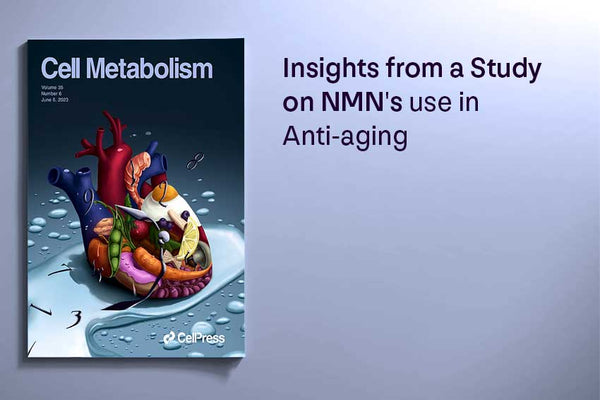
Published in 2017, a groundbreaking study focused on the effects of Nicotinamide mononucleotide (NMN) on the aging process in mice. The research points to NMN's potential use in anti-aging interventions for humans. The study can be found here.
Over one year, the researchers administered NMN to mice in their regular diet and noticed substantial benefits related to the aging process. NMN effectively slowed the natural aging process in mice, reducing weight gain associated with aging, boosting their metabolism, and improving their insulin sensitivity and lipid profiles.
Interestingly, aged mice treated with NMN maintained higher food and water consumption levels than their untreated counterparts. This observation suggests that NMN influences metabolic activity without affecting appetite or causing excessive weight loss.
Another key finding was that NMN enhanced the mice's energy metabolism, enabling them to maintain higher physical activity levels, especially during their active hours. The research team found that NMN-treated mice exhibited higher insulin sensitivity than the control group over the same period. Improved insulin sensitivity is beneficial as it could help prevent the onset of metabolic conditions like type 2 diabetes.
Intriguingly, the research data reveals that NMN treatment appears to suppress age-associated gene expression changes. Some genes that naturally decline with age remained more active in the NMN-administered mice.
In terms of safety, NMN proved to be well-tolerated by the animals over the full 12 months, with no obvious signs of toxicity, adverse effects, or changes in lifespan observed.
While the study's results are encouraging, it's important to note that this research was conducted on mice.
